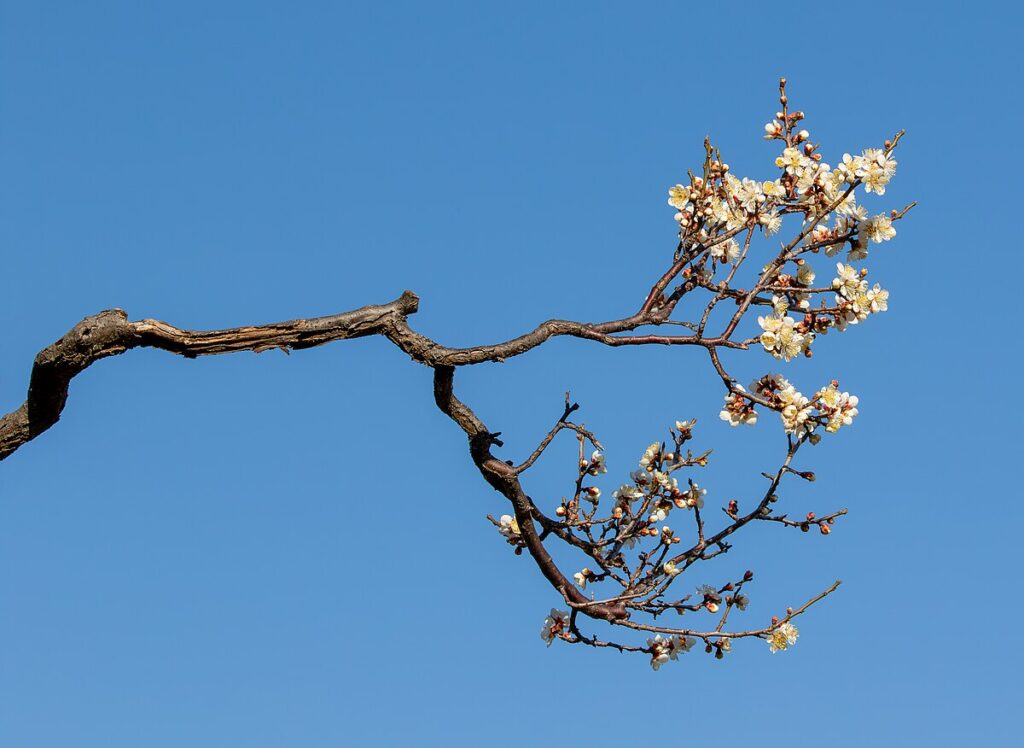Tourist attractions--archive--
-

Abukuma Cave (Tamura City, Fukushima Prefecture)
Overview (History, Features, and Attractions) Abukuma Cave is a limestone cave located in Tamura City, Fukushima Prefecture. Formed over many years by erosion from groundwater, the cave is home to an abundance of stalactites (stalagmites, stone pillars, and stone carvings) hanging from the ceiling, allowing visitors to observe the beauty of natural formations up close. -

Akita Museum of Art (Akita City, Akita Prefecture)
Overview (History, Features, and Attractions) The Akita Prefectural Museum of Art is a prefectural art museum located in the center of Akita City. The current building, designed by world-renowned architect Tadao Ando, is a modern concrete and glass building that opened in 2013 (renovated... -

Cape Shakotan (Shakotan Town, Hokkaido)
Overview (History, Features, and Attractions) Cape Shakotan, located in Shakotan Town, Hokkaido, is one of the most scenic spots on the Shakotan Peninsula. Its dynamic topography, with cliffs jutting out into the sea, and the crystal clear cobalt blue waters known as "Shakotan Blue" are its greatest attractions. It has long been a fishing spot... -

Shiratori Garden (Minato Ward, Nagoya City, Aichi Prefecture)
Overview (History, Features, and Attractions) Shirotori Garden is an urban Japanese garden located in Minato Ward, Nagoya City, Aichi Prefecture. It incorporates the techniques of a strolling pond garden, allowing visitors to enjoy the changing scenery throughout the seasons. The garden features a large pond, stone bridge, waterfall, and artificial hills... -

Sandankyo Gorge (Akitaota Town, Hiroshima Prefecture)
Sandankyo (Akitaota Town, Hiroshima Prefecture) Overview (History, Features, and Attractions) Sandankyo is a gorge formed in the upper reaches of the Ota River, which flows through Akiota Town, Hiroshima Prefecture. It is a scenic spot of natural beauty, featuring deep, steep cliffs, clear streams, large and small waterfalls, and a succession of strangely shaped rock formations. Its name is said to come from the legend of the "Sandan" waterfall, and is said to have originated from an ancient... -

Nagai Park (Higashisumiyoshi Ward, Osaka City, Osaka Prefecture)
Nagai Park (Higashisumiyoshi Ward, Osaka City) — Overview (History, Features, and Attractions) Nagai Park is an urban park located near the border between Higashisumiyoshi Ward and Sumiyoshi Ward in Osaka City. It is a large, comprehensive park featuring sports facilities, a botanical garden, a lawn plaza, and walking paths. It was once a green space that made use of part of the Sakai Hills... -

Nirayama Reverberatory Furnace (Izunokuni City, Shizuoka Prefecture)
Overview (History, Features, and Attractions) The Nirayama Reverberatory Furnace is the remains of a reverberatory furnace built at the end of the Edo period in Izunokuni City, Shizuoka Prefecture. It was constructed by order of the shogunate in response to the need to introduce Western-style cannon casting technology as Japan's isolationist policy wavered at the end of the Edo period. It is one of the few remaining reverberatory furnaces in Japan... -

Cape Suzu (Suzu City, Ishikawa Prefecture)
Cape Suzu (Suzu City, Ishikawa Prefecture) Overview (History, Features, and Attractions) Cape Suzu, located in Suzu City in the northeastern part of the Noto Peninsula, boasts a magnificent landscape jutting out into the Sea of Japan. Its dynamic coastal beauty, created by elevated sea cliffs, reefs, and cliffs carved by the waves, offers a variety of different scenery in each of the four seasons... -

Hinomisaki Lighthouse (Izumo City, Shimane Prefecture)
Hinomisaki Lighthouse (Izumo City, Shimane Prefecture) Overview (History, Features, and Attractions) Hinomisaki Lighthouse is a chalk-white lighthouse located in Hinomisaki, Izumo City, Shimane Prefecture. It is a popular tourist spot offering a magnificent panoramic view of the cliffs jutting out into the sea and the Sea of Japan. Built during the Meiji period, it boasts a majestic exterior and... -

Matsue Vogel Park (Matsue City, Shimane Prefecture)
Overview (History, Features, Attractions) Matsue Vogel Park is a large greenhouse-style theme park with a bird and flower theme located in Matsue City, Shimane Prefecture. A wide variety of tropical and subtropical flowers are planted in the spacious greenhouse (large greenhouse) according to the season, and colorful birds such as parakeets and parrots can be seen wandering among them.


